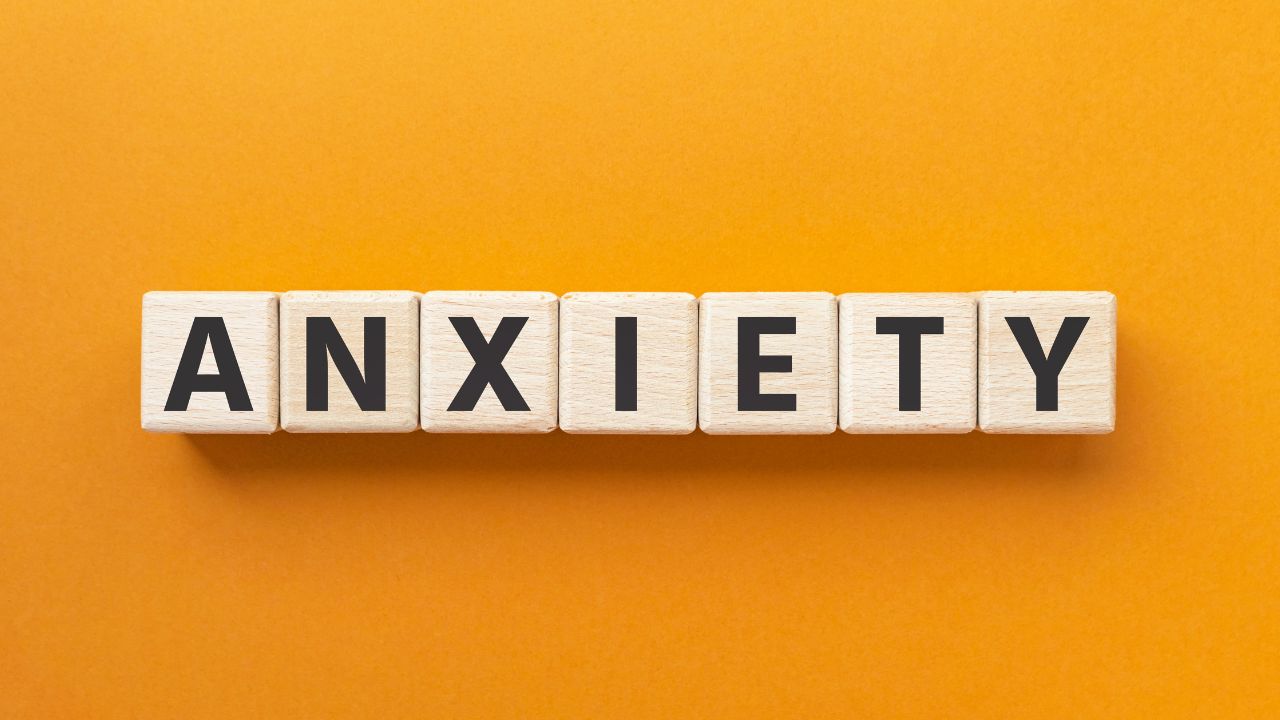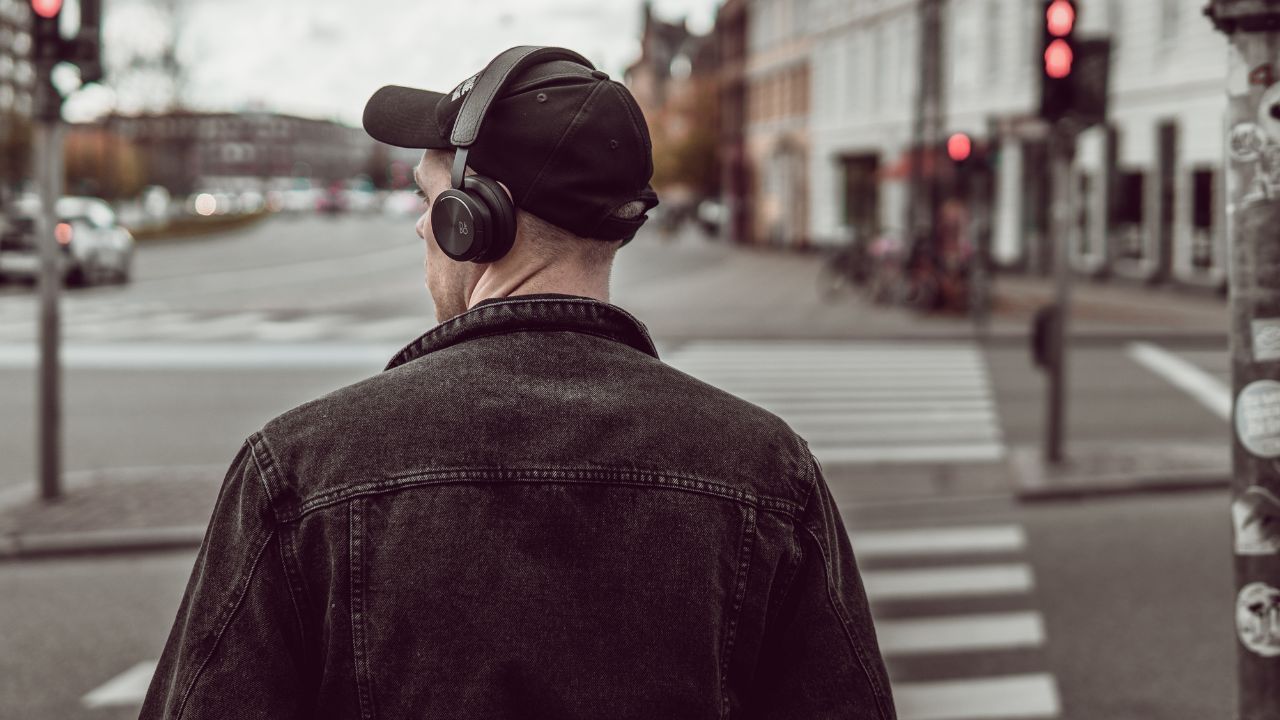Sovetplus.com – Social Anxiety Disorder, also known as social phobia, is a mental health condition that affects how individuals interact with others in social settings. Characterized by an intense fear of judgment, embarrassment, or rejection, it can significantly impact personal relationships, work, and daily life. With millions of people affected globally, understanding the symptoms, diagnosis, and treatments is crucial. This article explores social anxiety disorder symptoms, available tests, treatment options, and actionable tips to help individuals overcome this challenging condition.
What Is Social Anxiety Disorder?
Social Anxiety Disorder is more than just shyness or nervousness in social settings. It is a persistent and intense fear of being watched, judged, or negatively evaluated by others. This fear often leads to avoidance behaviors that can interfere with a person’s ability to function in everyday life.
Social Anxiety Disorder Symptoms
Social anxiety manifests differently in individuals, but common symptoms include:
- Physical Symptoms: Rapid heartbeat, sweating, blushing, trembling, or gastrointestinal discomfort.
- Emotional Symptoms: Intense fear of social interactions, fear of embarrassment, or dread of upcoming events.
- Behavioral Symptoms: Avoidance of social situations, difficulty speaking in public, or excessive worry about past interactions.
Recognizing these symptoms is the first step in addressing the condition.
How to Identify Social Anxiety: The Role of a Social Anxiety Test
Diagnosing social anxiety disorder involves evaluating the severity and impact of symptoms on an individual’s life. While there is no definitive medical test, various tools and assessments can help:
Common Social Anxiety Tests
- Self-Assessment Questionnaires: These include tools like the Social Phobia Inventory (SPIN) or the Liebowitz Social Anxiety Scale (LSAS).
- Clinical Interviews: Conducted by mental health professionals to assess the duration and impact of symptoms.
- Behavioral Observations: Therapists may observe how individuals behave in social situations to identify signs of anxiety.
Taking a social anxiety test can provide valuable insights and guide individuals toward seeking professional help.
Types of Social Anxiety
Social anxiety disorder can present itself in various forms. Identifying the type can help tailor treatment plans effectively.
- Generalized Social Anxiety: Involves fear of most social situations, including speaking, eating in public, or meeting new people.
- Performance-Only Social Anxiety: Focused on specific scenarios, such as public speaking, presentations, or performing in front of others.
Understanding the specific type of social anxiety can help individuals and therapists create targeted strategies for improvement.
Social Anxiety Disorder Treatments
Fortunately, social anxiety disorder is treatable, and numerous options are available to help individuals regain control over their lives.
1. Psychotherapy for Social Anxiety
- Cognitive Behavioral Therapy (CBT): Considered the gold standard, CBT helps individuals identify and challenge negative thought patterns. Techniques like exposure therapy gradually reduce the fear associated with social situations.
- Acceptance and Commitment Therapy (ACT): Focuses on accepting anxious thoughts while committing to values-driven actions.
2. Medication Options
Medications may be recommended in combination with therapy:
- Selective Serotonin Reuptake Inhibitors (SSRIs): Commonly prescribed medications like sertraline (Zoloft) or paroxetine (Paxil) to reduce anxiety symptoms.
- Beta-Blockers: Used to manage physical symptoms like trembling or rapid heartbeat during specific situations.
- Benzodiazepines: For short-term relief, though they are not a long-term solution due to dependency risks.
3. Lifestyle Changes
Adopting healthy habits can complement therapy and medication:
- Regular exercise to reduce overall stress.
- Mindfulness and relaxation techniques such as yoga or meditation.
- Gradual exposure to feared situations in a controlled manner.
Can Social Anxiety Be Cured?
While there may not be a universal “cure” for social anxiety disorder, it is possible to manage and significantly reduce its impact. Consistent treatment, whether through therapy, medication, or self-help strategies, can lead to long-term improvement. Many individuals go on to lead fulfilling lives, free from the constraints of anxiety.
Tips for Overcoming Social Anxiety
Here are some actionable tips for individuals looking to overcome social anxiety:
- Start Small: Begin with manageable social challenges, like making eye contact or greeting someone.
- Use Positive Affirmations: Replace negative self-talk with encouraging phrases.
- Practice Relaxation Techniques: Deep breathing and progressive muscle relaxation can reduce anxiety in stressful situations.
- Seek Support: Joining support groups or seeking professional help can provide encouragement and guidance.
- Celebrate Progress: Acknowledge small victories to build confidence over time.
Conclusion
Social Anxiety Disorder can be debilitating, but it is treatable. By understanding its symptoms, seeking appropriate tests, and exploring treatment options like therapy or medication, individuals can take steps toward managing their anxiety. Whether through professional help or self-guided strategies, overcoming social anxiety is achievable with patience and persistence. Remember, you’re not alone, and help is always available.
Start your journey today by reaching out to a mental health professional or trying small steps to face your fears. With the right support, you can regain control and thrive in social settings.






